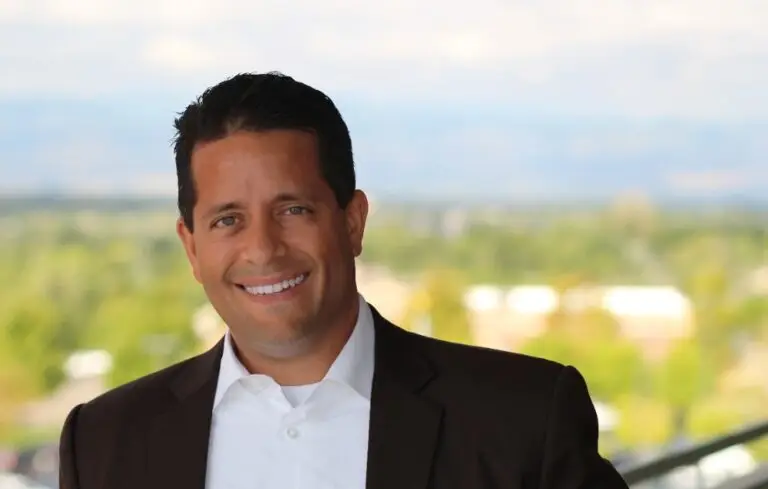As the title suggests, these 20 outstanding reads are not ‘how to’ books about business, but about the deeper things you need to know to deal with the fundamental challenges of our complex and volatile world.
On a daily basis, CEOs encounter things like platform complexity and shifting trade policies, the explosive growth of economies in China and India, the changing attitudes and desires of employees and customers, social revolutions by women and minorities, and dealing with government actors demanding preferential policies. Then, of course, there’s Donald Trump.
The good news is these 20 globally experienced authors have some profound advice for tackling the big job ahead.
1. Skin In The Game. From the author of “The Black Swan,” this is a magnificent analysis that undoes many of our long-cherished beliefs about risk and responsibility. It is our top selection, and anyone interested in understanding risk, scandal, and fiascoes brought about by well-intentioned if egotistical leaders, this is it. “You can be an intellectual yet still be an idiot.” “Educated philistines” have been wrong on everything from Stalinism to Iraq to low-carb diets.”
2. Fear: Trump in the White House. Bob Woodward has written with remarkable insight about eight presidencies from Nixon to Obama, and now he takes on the studied chaos surrounding the presidency of Donald Trump and how he makes decisions on major foreign and domestic policies. This is required reading to understand the recent shake-up in the West Wing.
3. Rebel Talent: Why It Pays To Break The Rules At Work And In Life. Award-winning Harvard Business School professor Francesca Gino shows us why the most successful among us break the rules, and how rebellion brings joy and meaning into our lives. She extolls those who are advocates of “positive deviance,” a talent that makes them more difficult to employ but enhances the creative spirit of a company. Think Steve Jobs.
4. The Culture Code. Daniel Coyle goes inside some of the world’s most successful organizations — including the U.S. Navy’s SEAL Team Six, IDEO, and the San Antonio Spurs — and reveals what makes them tick. The main thing readers will take away from this outstanding book is how to bring diverse groups and teams together and align them around a single focus.
5. Measure What Matters. Legendary venture capitalist, John Doerr reveals how the goal-setting system of Objectives and Key Results (OKRs) has helped tech giants from Intel to Google achieve explosive growth — and how it can help any organization thrive.
6. The Art of Gathering. In this book, Priya Parker argues that the gatherings in our lives are lackluster and unproductive — which they don’t have to be. We rely too much on routine and the conventions of gatherings when we should focus on distinctiveness and the people involved.
7. Bad Blood. The Wall Street Journal’s John Carreyrou takes us through the step-by-step history of Theranos, a Silicon Valley startup that fooled some of the most astute board directors and venture capitalists. Until it all came crashing down around charismatic founder Elizabeth Holmes. (Read more: Theranos, Elizabeth Holmes And Cult Of Personality CEOs)
8. The Billionaire Raj. James Crabtree takes readers on a personal journey to meet the reclusive billionaires, fugitive tycoons, and shadowy political power brokers. “The Billionaire Raj” is a vivid account of a divided society on the cusp of transformation — and a struggle that will shape not just India’s future, but the world’s.
9. Winner Takes All: The Elite Charade of Changing the World. Former New York Times columnist Anand Giridharadas takes us into the inner sanctums of a new gilded age, where the rich and powerful fight for equality and justice any way they can — except ways that threaten the social order and their position atop it.
10. AI Superpowers: China, Silicon Valley, and the New World Order. Kai-fu Lee argues powerfully that because of unprecedented developments in AI, dramatic changes will be happening much sooner than many of us expected. Lee urges the US and China to both accept and to embrace the great responsibilities that come with significant technological power.







